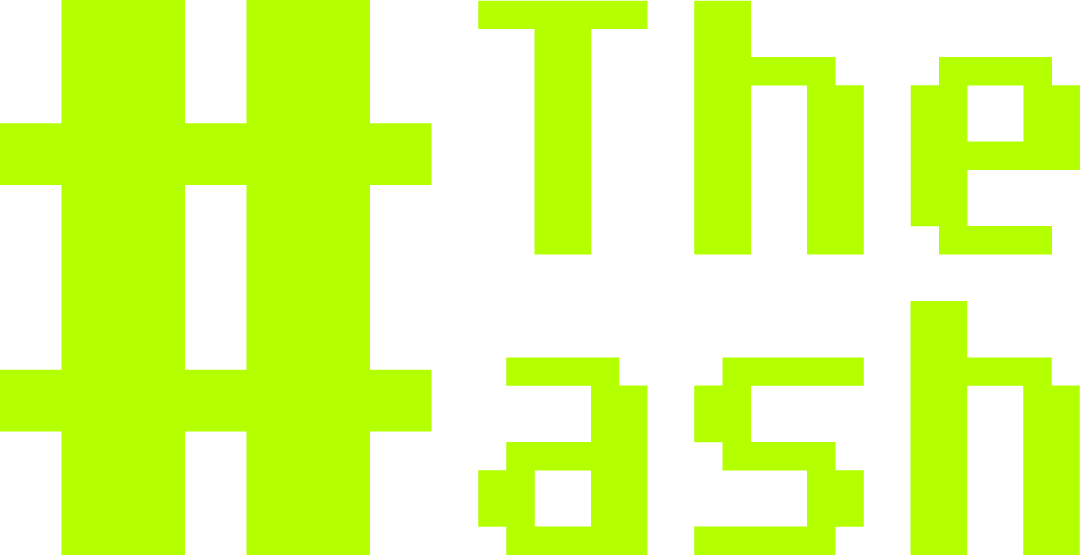The video game industry is undergoing significant upheaval, marked by widespread layoffs and strategic restructuring across major companies. In 2023 alone, over 10,000 industry professionals – including programmers, quality assurance testers, sound designers, and artists—were laid off, setting a grim record for the sector. Source: Polygon
This trend has continued into 2024, with companies like Microsoft and Ubisoft announcing studio closures and additional layoffs. The Swedish gaming company Embracer Group has also faced financial challenges, leading to its division into three separate entities. Source: Le Monde
Several factors contribute to this instability. The COVID-19 pandemic initially spurred a surge in gaming as people sought entertainment during lockdowns. However, as restrictions eased, gaming engagement normalized, resulting in decreased playtime and revenue. Additionally, the escalating costs of developing big-budget titles have strained resources, prompting companies to seek cost-cutting measures, including workforce reductions. Source: The Scottish Sun
The rise of artificial intelligence (AI) in game development has further complicated the landscape. While AI offers potential efficiencies, its integration has led to job losses, particularly among 2D artists, as companies adopt AI-generated content to reduce expenses. Source: Wired
Industry experts emphasize the need for strategic adaptation to navigate these challenges. Proposed solutions include establishing indie game funds with “recoup and share” models and providing business expertise to developers. For larger publishers, diversifying portfolios and launching new intellectual properties could mitigate risks associated with high-budget projects. Source: Polygon
As the industry grapples with these issues, the focus remains on balancing innovation with sustainable business practices to ensure long-term growth and stability.




